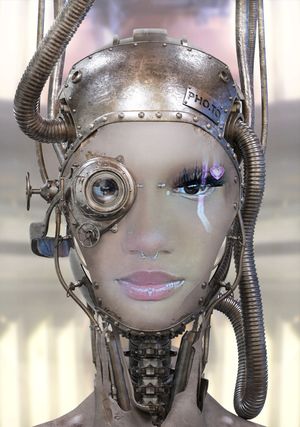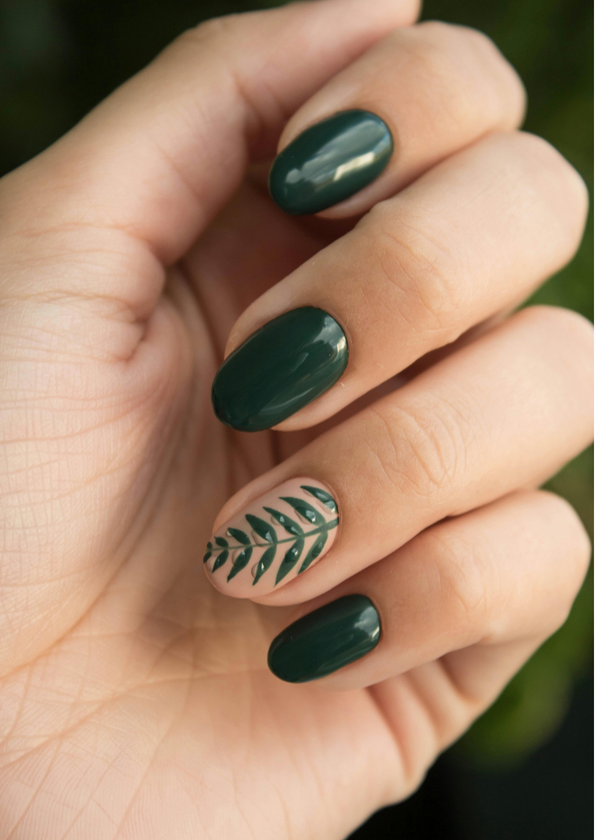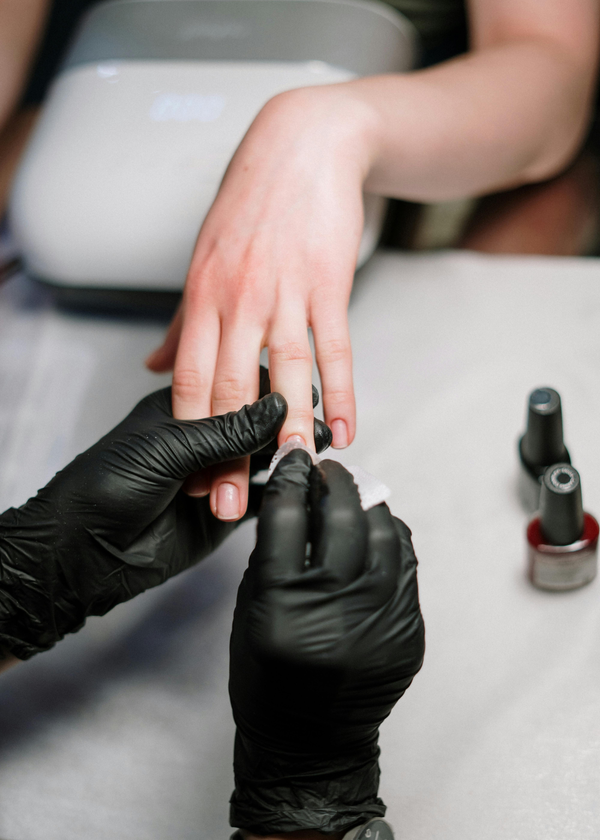The quest for eternal youth has fueled the development of countless anti-aging treatments, each promising to turn back the hands of time and restore a youthful appearance.
In this pursuit, two ingredients have gained considerable attention: copper peptides and Botox. But are copper peptides really like Botox when it comes to anti-aging?
In this comprehensive guide, we'll delve into the science behind copper peptides and Botox, their mechanisms of action, and their respective benefits and limitations to answer this intriguing question.
Unraveling the Copper Peptides
1. What Are Copper Peptides?
Copper peptides are a class of compounds that consist of copper ions (Cu2+) complexed with small protein fragments, known as peptides.
These compounds have gained popularity in the skincare and cosmetic industry due to their purported anti-aging properties.
Copper peptides are naturally found in the body, where they play a crucial role in various biological processes, including collagen production and wound healing.
2. Mechanism of Action
To understand if copper peptides are like Botox, it's essential to delve into how they work. Copper peptides are believed to stimulate collagen production, which is a key component of youthful skin.
They also possess antioxidant properties, which can help protect the skin from damage caused by free radicals.
Furthermore, copper peptides may enhance the skin's ability to retain moisture, thereby promoting a smoother and more youthful appearance.
3. Benefits of Copper Peptides
1.3.1 Collagen Production: Copper peptides may stimulate the production of collagen in the skin, which is vital for maintaining skin elasticity and reducing the appearance of wrinkles.
1.3.2 Wound Healing: Copper peptides have been shown to accelerate wound healing, which can be beneficial for the skin's overall health and appearance.
1.3.3 Antioxidant Properties: Their antioxidant properties can help protect the skin from damage caused by UV radiation and environmental factors.
1.3.4 Moisturization: Copper peptides may aid in retaining skin moisture, leading to a more supple and youthful complexion.
The Botox Revolution
1. What Is Botox?
Botox, short for Botulinum Toxin, is a neurotoxin produced by the bacterium Clostridium botulinum.
Although it might sound counterintuitive, Botox has become a popular cosmetic treatment due to its ability to reduce the appearance of wrinkles and fine lines.
It works by blocking nerve signals in the muscles where it's injected, leading to muscle relaxation.
2. Mechanism of Action
Botox's primary mechanism of action differs from that of copper peptides. When Botox is injected into specific facial muscles, it inhibits the release of acetylcholine, a neurotransmitter responsible for muscle contractions.
This causes temporary muscle paralysis, preventing the formation of wrinkles in the treated areas.
3. Benefits of Botox
2.3.1 Wrinkle Reduction: Botox effectively reduces the appearance of wrinkles and fine lines, particularly those caused by repetitive muscle movements (e.g., frown lines and crow's feet).
2.3.2 Non-Invasive: Botox is a non-surgical treatment, making it a popular choice for those seeking a quick and relatively painless procedure.
2.3.3 Fast Results: Botox often provides visible results within a few days, with little to no downtime required.
Comparing Copper Peptides and Botox
1. Are Copper Peptides Like Botox?
Now that we understand the mechanisms and benefits of copper peptides and Botox, let's compare the two to determine if they are indeed alike in their anti-aging effects.
2. Mechanisms of Action Comparison
Copper peptides and Botox work through entirely different mechanisms:
- Copper peptides stimulate collagen production and protect the skin from oxidative damage. They do not directly affect muscle contractions.
- Botox, on the other hand, temporarily paralyzes specific facial muscles to reduce wrinkles caused by muscle movement.
In terms of mechanisms, copper peptides and Botox are not alike; they target different aspects of the aging process.
Benefits and Limitations
To assess whether copper peptides are like Botox, it's important to consider their respective advantages and limitations.
1. Benefits of Copper Peptides
- Copper peptides promote collagen production, resulting in improved skin elasticity and reduced wrinkles over time.
- They offer antioxidant protection, helping to prevent premature skin aging.
- Copper peptides can be incorporated into skincare products, making them accessible for daily use.
2. Limitations of Copper Peptides
- Copper peptides work gradually, and visible results may take several weeks or months.
- The effectiveness of copper peptides can vary from person to person.
3. Benefits of Botox
- Botox provides fast and visible results, making it a preferred choice for those seeking immediate wrinkle reduction.
- It is a non-surgical procedure with minimal downtime.
- Botox is particularly effective for dynamic wrinkles caused by muscle movements.
4. Limitations of Botox
- Botox is a temporary solution; its effects typically last for three to six months, after which additional treatments are required.
- The procedure involves injections, which may cause mild discomfort and require a trained medical professional.
When to Choose Copper Peptides or Botox
Now that we've explored the differences between copper peptides and Botox, it's crucial to understand when each of these treatments may be more suitable.
1. When to Choose Copper Peptides
- Preventative Anti-Aging: Copper peptides can be incorporated into daily skincare routines as a preventive measure against premature aging.
- Long-Term Improvement: If you're looking for gradual, long-term improvement in skin texture and quality, copper peptides can be a great option.
- Minimal Discomfort: Copper peptide products are non-invasive and can be used at home, making them a comfortable choice for those averse to injections.
2. When to Choose Botox
- Quick Results: Botox is ideal if you seek immediate and visible wrinkle reduction, making it a popular choice for special events or occasions.
- Dynamic Wrinkles: If your wrinkles are primarily caused by muscle movements, Botox can effectively address them.
- Temporary Solution: Botox is a temporary solution, so it's suitable if you prefer flexibility in your anti-aging treatments.
Combining Copper Peptides and Botox
It's worth noting that copper peptides and Botox are not mutually exclusive. Many individuals choose to use both treatments to maximize their anti-aging results. Copper peptides can support the overall health and quality of the skin, while Botox provides quick and targeted wrinkle reduction. However, it's essential to consult with a dermatologist or skincare specialist to determine the best approach for your specific needs.
Conclusion:
In conclusion, copper peptides and Botox serve distinct purposes in the realm of anti-aging.
Copper peptides are more about long-term skin health and gradual improvement, while Botox offers immediate wrinkle reduction but requires ongoing treatments. So, are copper peptides like Botox?
Not quite. While they both contribute to a more youthful appearance, their mechanisms and the way they are used differ significantly.
The choice between the two depends on your goals, preferences, and individual skin needs.
Ultimately, the path to a more youthful appearance is a personal journey, and understanding these options empowers you to make informed decisions that align with your anti-aging goals.








